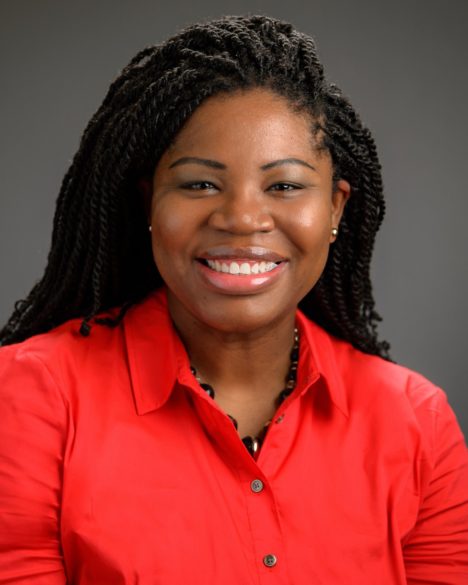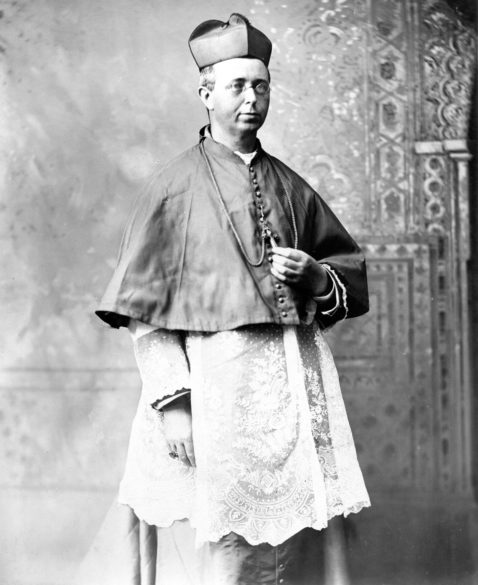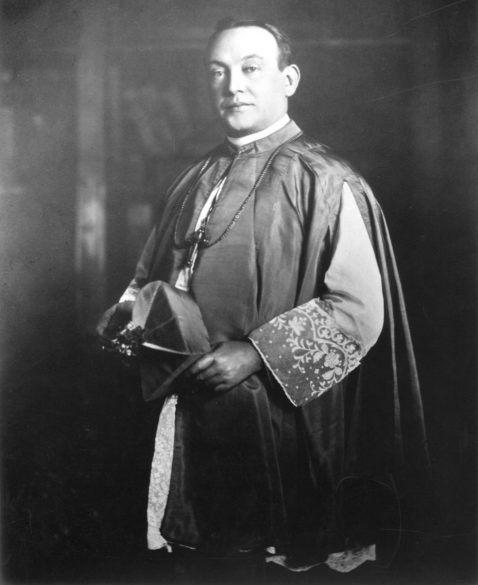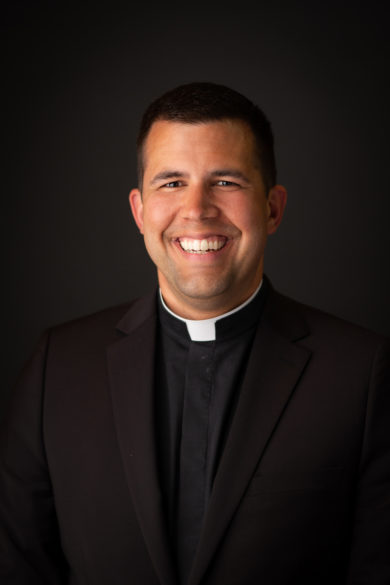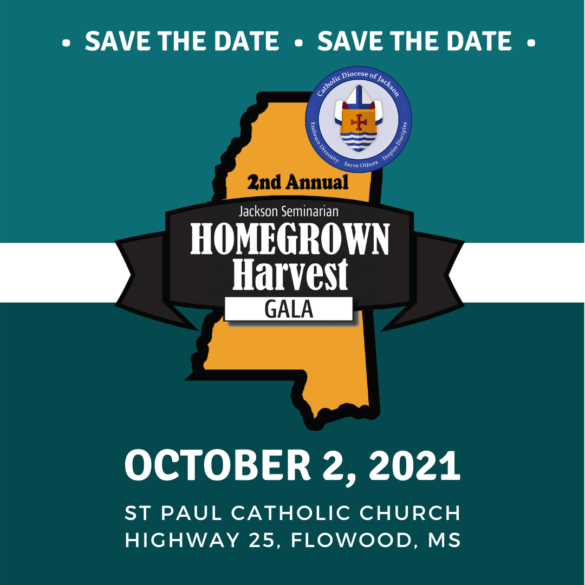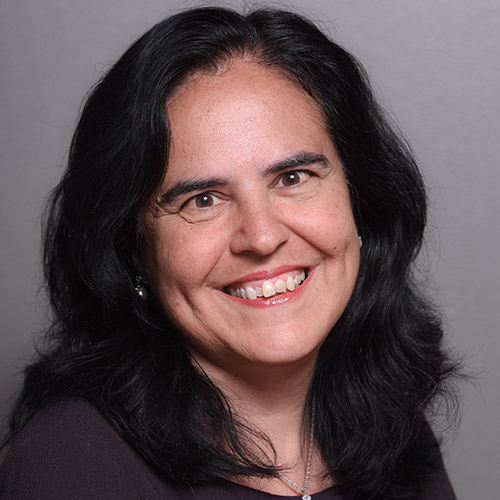From the hermitage
By sister alies therese
Must say I am grateful that my prayers do not take as much time to reach the ear of God as the post takes to travel from Jackson to my hermitage less than two hours away! Somehow even the post has been attacked by ‘the twisties.’
I read plenty this summer and was filled with great excitement, mystery, several sides of politics, spiritual action and joy. I also spent time drafting short stories – my favorite format. For recreation I took in some Olympics (both). The sheer determination, perseverance and desire of athletes outweighed any gold, silver or bronze medal.
The bravery of Simone Biles, a Black Catholic, to come forth despite ‘the twisties’ was impressive and showed real Olympic gold, despite her bronze. She and others admitted the truth (i.e., human with limitations) and reminded me that expectations of others can also be set aside in favor of a deeper truth.
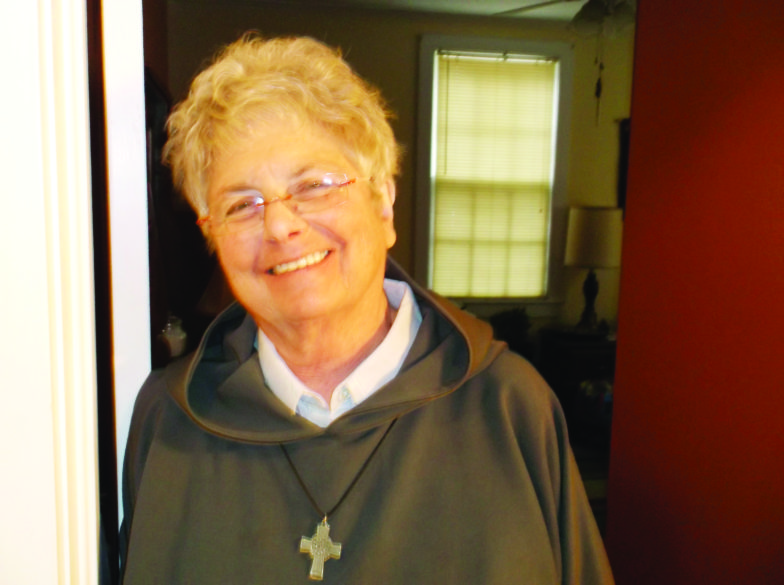
I re-read, The Fifth Agreement by Don Miguel Ruiz and Don José Ruiz. At the end of the second chapter, they state: “What is real we cannot change, and it doesn’t matter what we believe.” Quite powerful, especially with the political and church discourses currently in flow. They explained it this way: “The truth does not need you to believe it; the truth simply is, and it survives whether you believe it or not. Lies need you to believe them. If you don’t believe lies, they don’t survive your skepticism, and they simply disappear.” (page 99)
With ‘the twisties’ a gymnast cannot tell up from down. Other than being in the air, there is no truth for them and that causes the danger. Body, mind and soul are muddled and no matter where the athlete thinks is up … it may not be so.
September is a glorious month, on the edge of summer and fall, contributing to weather changes. Each season, though not always as dramatic in one place as in another, was set to help us, to nourish us, to provide for all of Creation. We can see the drastic interruption of seasons both by the long-term picture of normal global development, and the constant contribution to climate change by our (my) unwillingness to cut back, change plans, see the truth, and stop calling it something else. The twisties prevail.
A U.N. report gives us a ‘red card’ for irresponsible, unsafe behavior. Normal global development is well authenticated over millions of years … once we were under ice, a volcano sits deep under Jackson Stadium, and various aspects of nature seemed to disappear of their own accord. Today, however, we are also aware that portions of God’s marvelous Creation are exterminated, eliminated, and endangered because of our (my) failure to look at the truth and act. COVID asks us (me) to move from ‘me’ to ‘we.’ If vaccinations are necessary to protect others, get one. If masks are helpful to mitigate symptoms and decrease the power of the virus, wear one. No brainer. Do not let ‘the twisties’ get you.
Part of the dilemma might be – how do I know the truth? How do I find out? One way, not unlike our gymnastic friends … is to step away from all our flying about, sit quietly and consider.
Pray. There are plentiful definitions of prayer in the Catechism and Compendium. As the gymnasts want to freely fly in the air all the time; we want to always pray and act for the common good. Like this definition in the Compendium:
“576. Praying is always possible because the time of the Christian is the time of the risen Christ who remains ‘with you always.’ (Matthew 28:20)
Prayer and Christian life are therefore inseparable: ‘It is possible to offer frequent and fervent prayer even at the marketplace or strolling alone. It is possible also in your place of business, while buying or selling, or even while cooking.’ St. John Chrysostom.”
The truth is unmasked by the actual things we do, think or say. With God’s help, we can work our way out of a twistie if we find ourselves entrapped. Others might choose to complain and create spinning stories that unfortunately affect more people than we would like to believe. What was once just an idea over a cold drink became something with legs that ran downhill, full of twisties. And people died. (Consider January 6, 2021.)
Do we use the phrase ‘practicing our faith’ with ease? Does it need more attention? Ask a gymnast or any athlete (or musician), what ‘practicing’ means. And what is the cost? If you run into ‘the twisties’ step back, breathe and pray. It is indeed the ‘truth’ that sets us free.
(Sister alies therese is a canonically vowed hermit with days formed around prayer and writing.)

